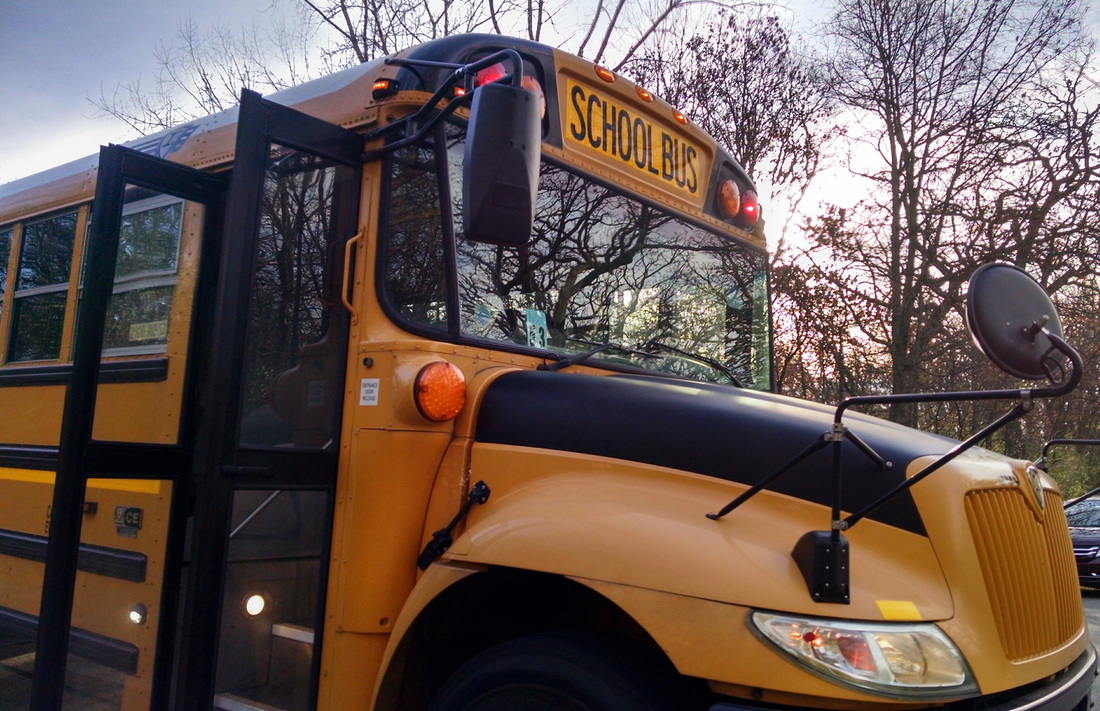



Along with the movement's emphasis on a black community unified in its resistance to racist oppression, however, came its greatest misstep: The movement's nationalist rhetoric collapsed intraracial differences, particularly class differences, and represented all African Americans as essentially the same. The image of the black fist recalls the black power movement of the late 1960s and early to mid-1970s and an associated black cultural nationalism that grew to prominence during the period. The novelist Reginald McKnight confesses that he has offen felt he was not "two-fistedly black" because he grew up in largely white environments and was not raised in the "community of the poor" that he describes in the epigraph.1 McKnight's words provide a clue to why notions of black authenticity continue, in the twenty-first century, to be linked to black poverty, despite contemporary evidence of a visible, vocal, and sizable black middle class.


 0 kommentar(er)
0 kommentar(er)
